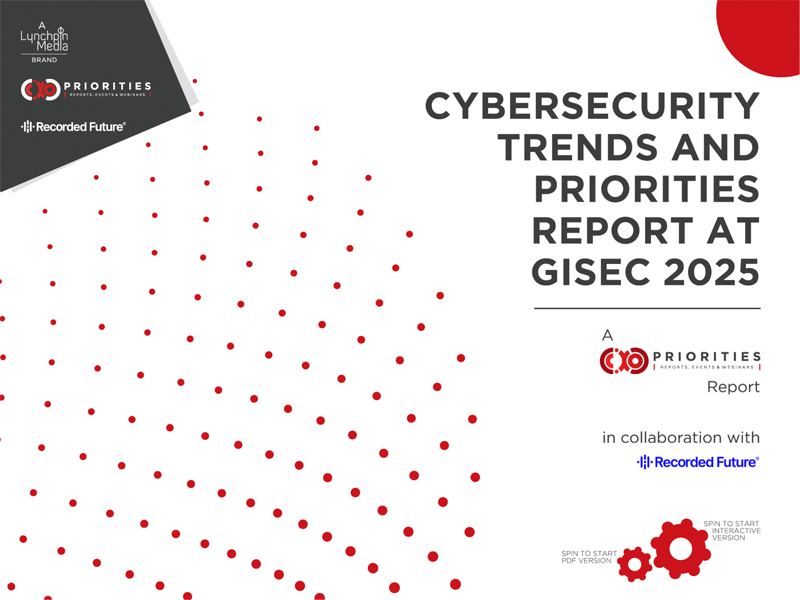The definition of success can be difficult to define, but our recent data centre event may have provided the answer.
Lynchpin Media’s Data Centre Exchange – the first in a series – was held on June 24th in central London, providing a platform for data centre representatives to discuss the skills shortage. It began with wine and cheese tasting to break the ice and followed with a conversation about the skills gap, rounding off with an evening of networking.
Our roundtable speakers included Deborah Andrews, Professor of Design for Sustainability & Circularity, London South Bank University; Dr Umaima Haider, Senior Lecturer, University of East London; Ben Cranham, COO, Pulsant; Matthew Underhill, Head of Infrastructure, Alfred H Knight; and Sham Sai, Engineering Student, University of East London.
Having people take part from such a range of backgrounds helped to emphasise the different career opportunities on offer in data centres. The discussion began by addressing potential causes of the skills gap, with Deborah pointing out how diverse the sector is in terms of career potential but that a lack of awareness around this is one of the biggest challenges. She also mentioned that a significant amount of people are unaware of what a data centre is.
Lack of exposure around data centres at pre-university education level is also somewhat responsible and is a wider systemic issue. According to Pulsant’s Ben Cranham, stringent data centre privacy issues could be standing in the way of people understanding how these facilities operate and potentially causing data centres to be a victim of their own success.
While Pulsant offers an apprenticeship scheme, Ben noted a significant challenge around mid-career opportunities as relevant and applicable skills from other sectors – such as ex armed forces – are going unnoticed, rather than being transitioned. He highlighted a need to improve the relationship between data centres and the education sector, working in partnership to better understand what’s needed.
We also explored solutions to broaden the talent pool and establish a strong pipeline of skills for the future. Throughout the discussion, there was a clear sense of urgency of the need to work together to make a meaningful impact and close the skills gap.
A special thanks to Pulsant for their support and contribution.

